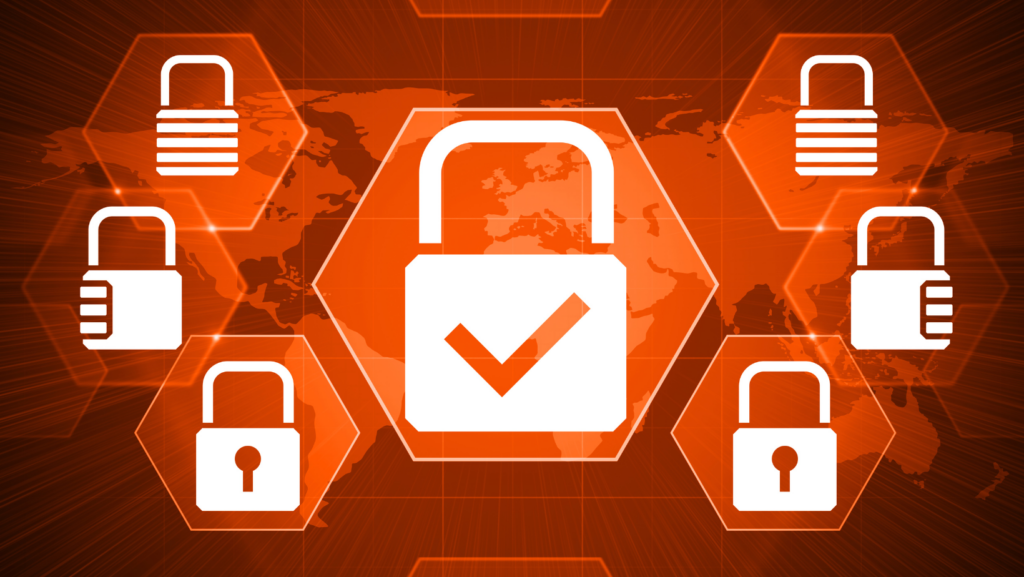In today’s digital age, answering the question why is cybersecurity awareness important, has become more crucial than ever. With cyber threats evolving at an alarming rate, individuals and organizations are constantly at risk of data breaches, identity theft, and financial loss. Understanding the importance of cybersecurity is no longer just the responsibility of IT professionals; it’s a vital skill for everyone navigating the online world.
Cybercriminals are becoming increasingly sophisticated, targeting vulnerabilities in both technology and human behavior. This makes cybersecurity awareness a key defense mechanism. By being informed about potential threats and how to mitigate them, individuals can protect their personal information and contribute to a safer digital environment. Moreover, businesses that prioritize cybersecurity awareness are better equipped to safeguard their assets and maintain customer trust and this answers the question why is cybersecurity awareness important.
As digital interactions continue to grow, fostering a culture of cybersecurity awareness is essential. It’s not just about knowing the risks but actively engaging in practices that minimize them, ensuring a more secure future for all.
Why is Cybersecurity Awareness Important

Cybersecurity awareness involves recognizing potential threats and implementing measures to mitigate risks. Individuals, by being informed about phishing emails and malware, can better secure their personal data. Organizations benefit from employee training programs that focus on identifying suspicious activities and understanding secure practices.
Many sectors emphasize on why is cybersecurity awareness important due to the inherent risks associated with data breaches. For instance, retail industries need awareness to protect customer data, while healthcare sectors prioritize securing patient records. Each industry faces unique challenges that awareness initiatives aim to address.
Education plays a critical role in fostering cybersecurity awareness. Schools and colleges integrate cybersecurity into curricula, helping students understand its importance early on. Government agencies offer resources and guidelines that support public awareness campaigns. These efforts contribute to a more informed and vigilant society.
Globally, increased awareness leads to a decrease in successful cyber attacks. Studies show that companies with comprehensive cybersecurity training experience fewer incidents than those without. By understanding the landscape of cyber threats, individuals and organizations collectively enhance their defense mechanisms.
The Growing Threat Landscape
As technology evolves, the threat landscape becomes increasingly complex. Cybercriminals continuously develop new methods to exploit vulnerabilities, making cybersecurity awareness crucial.
Types of Cyber Threats

Cyber threats manifest in various forms, each posing unique challenges. Phishing involves deceptive emails or messages aiming to steal sensitive information. Ransomware encrypts data and demands payment for its release. Malware, including viruses and spyware, infiltrates systems to cause damage or steal data. Distributed Denial of Service (DDoS) attacks overwhelm services, causing disruptions. Advanced Persistent Threats (APTs) involve prolonged infiltration to gather intelligence. Social engineering manipulates individuals into divulging confidential information.
Impact on Individuals and Organizations
The impact of cyber threats extends to both individuals and organizations. Personal data breaches lead to identity theft, financial loss, and privacy invasion. For organizations, attacks can disrupt operations, result in data loss, and damage reputation. The financial cost can be immense, with recovery expenses and regulatory fines. Cyber threats erode trust, especially in sectors like finance and healthcare, where data integrity is critical. Implementing robust cybersecurity measures becomes imperative to mitigate these effects.
Key Benefits of Cybersecurity Awareness
Cybersecurity awareness provides vital advantages in safeguarding digital environments. Educating individuals and organizations helps mitigate risks and ensures the protection of sensitive data.
Prevention of Data Breaches
Data breaches pose significant threats to both individuals and organizations. By promoting cybersecurity awareness, entities can identify vulnerabilities early, reducing the likelihood of breaches. Training programs teach employees to recognize phishing schemes and risky behaviors, leading to a decrease in unauthorized access and loss of sensitive information.
Protection of Personal and Financial Information

Personal and financial information remains a prime target for cybercriminals. Cybersecurity awareness empowers individuals to protect themselves by practicing safe online habits. Knowledge of secure password practices, encryption use, and secure online transactions prevents data from falling into the wrong hands, safeguarding against identity theft and financial loss.
Enhancing Organizational Security Posture
Organizations benefit from a robust security posture when cybersecurity awareness is prioritized. Awareness programs enhance the ability of employees to identify potential threats, thereby strengthening overall security frameworks.

